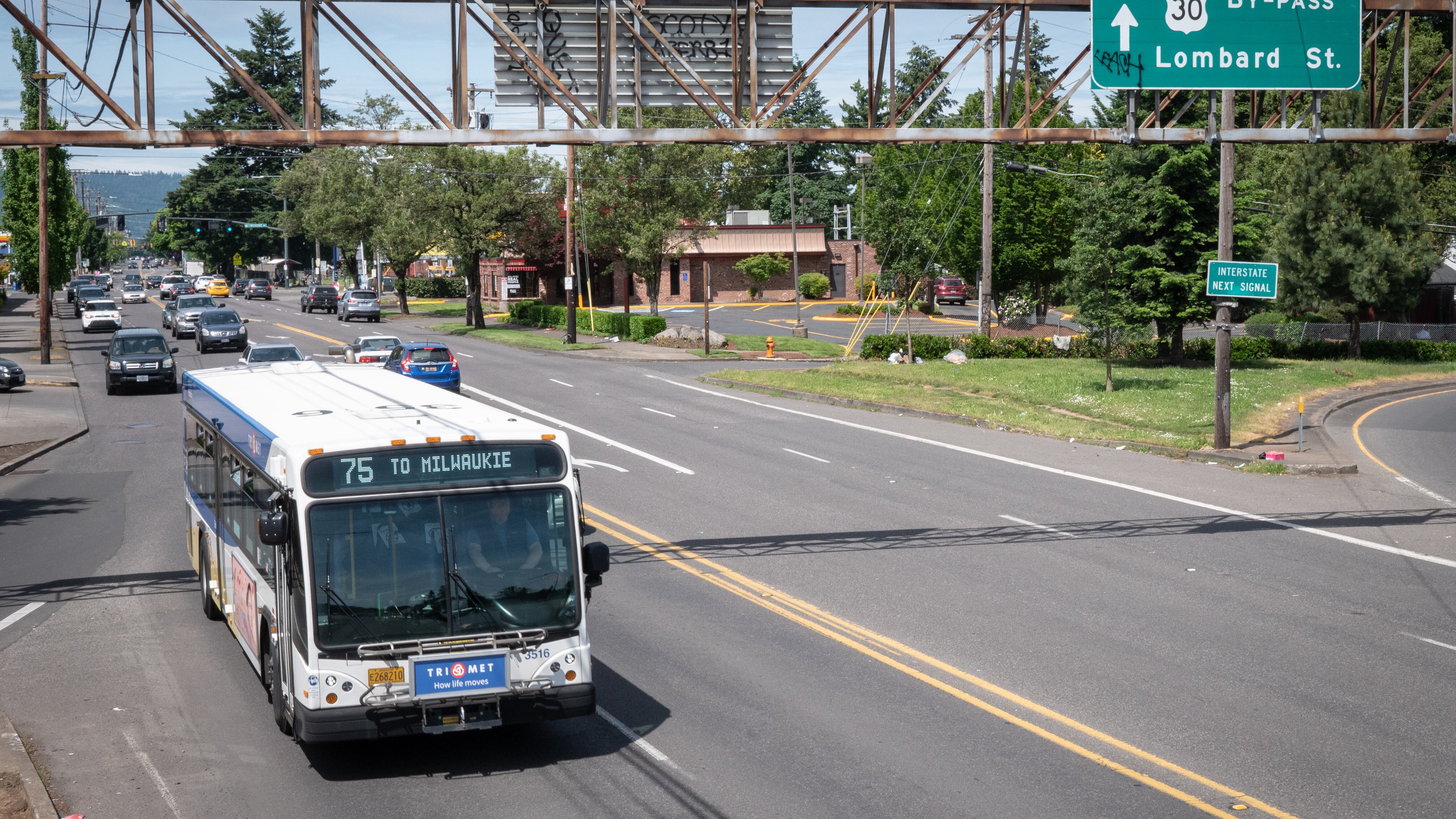The Metro Council votes July 16 whether to refer a $4 billion transportation funding measure to the November ballot.
Business leaders have asked Metro President Lynn Peterson to delay the measure. But Peterson's proposal enjoys the support of the Getting There Together Coalition, a group comprising dozens of nonprofits that says it "strongly supports" referral. Those nonprofits are especially crucial to the measure's prospects, because they represent several communities of color.
Some members of Getting There Together are also contractors Metro paid to conduct outreach to the communities they represent, mostly people of color.
Between December 2019 and May 2020, the four groups asked their constituencies for feedback on the measure. They presented their findings to the Metro Council in May.
The dual roles of the nonprofits—as contractors and "strong supporters" of the Metro measure—could present a conflict of interest because it raises questions about whether Metro is purchasing community support.
"It puts the groups in a conflict-of-interest position," says Paul Gronke, a professor of political science at Reed College. Gronke says it's absolutely appropriate for Metro to include groups traditionally excluded from big-dollar policy decisions, but hiring groups that represent those marginalized communities muddies the waters. "It's not a good look," Gronke says.
But Andy Shaw, Metro's director of government relations, says there's no conflict. Shaw says the agency began hiring culturally specific outreach contractors for a 2019 parks bond measure after concluding its own outreach efforts were only reaching a narrow audience. At one meeting aimed at soliciting public input, Shaw recalls, Metro staffers outnumbered civilians 4 to 1.
Shaw says gathering the information required to put together a bond proposal that meets everyone's needs is a totally separate effort from the campaign to pass the measure, should it be referred, and that the four contracts Metro inked have nothing to do with any campaign.
"This is all part of our plan to advance racial equity," Shaw says.
"The purpose here is to find out what improvements and what program would help people in specific communities," he adds. "We've struggled in our efforts to get authentic input into transportation in the past."
Vivian Satterfield, director of strategic partnerships at Verde, a coalition member and outreach contractor for Metro, says any concerns about Verde's roles are misplaced. Satterfield says Verde has advocated aggressively for improvements to the projects in the proposed measure and has been sharply critical of some key components, including big-ticket projects on Northeast Airport Way and in the Sunrise Corridor. She says the Metro contract doesn't undercut Verde's independence. (The other groups did not respond to requests for comment.)
"I stand by Verde's work," Satterfield says. "We need resources to engage with our community. I don't see anything wrong with that or curious about it. Every part of our work has been public and well-documented."


